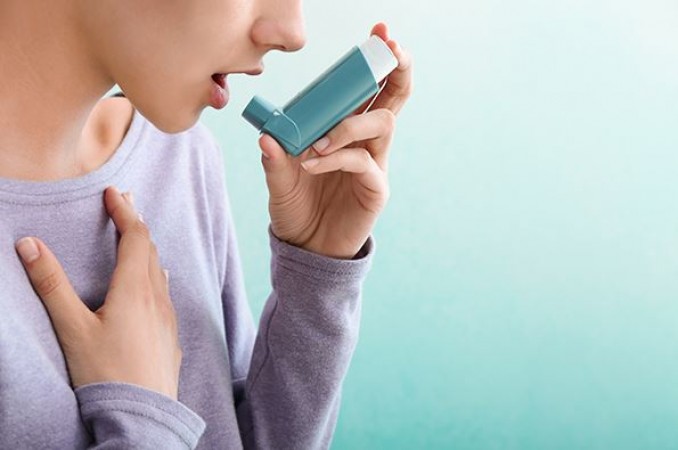
Morning walks are widely recommended for maintaining overall health, but for asthma patients, especially during the winter season with dense fog and increased pollution, it can be a challenging decision. Dr. Nikhil Modi, Senior Consultant in Respiratory Critical Care Medicine at Apollo Hospital, emphasizes the need for caution, acknowledging the potential risks associated with morning walks for asthma patients during this season.
Understanding Asthma and Cold Weather:
Cold weather poses specific challenges for individuals with asthma due to factors such as dry air, increased respiratory infections, and exposure to environmental triggers. It is crucial to comprehend how these elements interact and impact asthma symptoms during the winter months.
1. Monitoring Weather Conditions:
Regularly checking weather forecasts helps asthma patients anticipate days with adverse conditions. Cold temperatures, high humidity, and increased pollution levels can trigger asthma symptoms. Adjusting outdoor activities based on weather predictions is a key preventive measure.
2. Indoor Air Quality Management:
Creating a clean and asthma-friendly indoor environment is paramount. Proper ventilation, regular cleaning, and minimizing exposure to indoor allergens contribute to maintaining good air quality. Installing air purifiers can further reduce airborne irritants.
3. Dressing Appropriately:
Cold air can be harsh on sensitive airways. Dressing in layers, covering the nose and mouth with a scarf, and wearing a hat helps in warming the air before it reaches the lungs, preventing potential triggers for asthma attacks.
4. Medication Adherence:
Consistent adherence to prescribed asthma medications is crucial, especially during winter. Long-term controller medications and quick-relief inhalers should be used as directed. Consultation with healthcare professionals to adjust medication plans based on seasonal needs is advisable.
5. Respiratory Exercises and Techniques:
Engaging in respiratory exercises, such as pursed lip breathing and diaphragmatic breathing, can enhance lung capacity and improve overall respiratory function. These techniques provide valuable tools for managing asthma symptoms during colder months.
6. Regular Exercise Indoors:
Maintaining physical activity is essential for overall health, but outdoor exercises may pose challenges during winter. Exploring indoor exercise options, such as gym workouts, yoga, or swimming in heated pools, ensures that asthma patients stay active while minimizing exposure to cold air.
7. Humidification at Home:
Maintaining optimal indoor humidity levels can prevent airways from drying out, reducing the risk of asthma exacerbations. Humidifiers, when used cautiously, contribute to creating a comfortable and asthma-friendly home environment.
8. Winter Allergen Avoidance:
Identifying and avoiding winter-specific allergens, such as mold and dust mites, is vital. Regular cleaning, proper storage of winter clothing, and using allergen-proof bedding help minimize exposure to triggers that can worsen asthma symptoms.
9. Vaccination:
Ensuring that asthma patients receive necessary vaccinations, including the annual flu vaccine and pneumonia vaccine, is critical. Respiratory infections can significantly impact asthma control, and vaccinations provide an added layer of protection.
10. Emergency Preparedness:
Having an asthma action plan in place is essential for managing potential emergencies. Asthma patients should be aware of their triggers, early warning signs of an impending attack, and steps to take in case of exacerbations, including when to seek immediate medical attention.
Caring for asthma patients in cold weather requires a multifaceted approach that addresses environmental factors, medication management, and lifestyle adjustments. By understanding the intricacies of how cold weather affects asthma and implementing these comprehensive strategies, individuals with asthma can navigate the winter months with greater confidence and well-managed respiratory health.
Eating too many carrots can cause this serious disease, you will be shocked to know
Do periods pain increase in winter or is it just an illusion of the mind?
If your lips are chapped excessively then take these measures